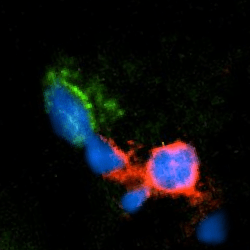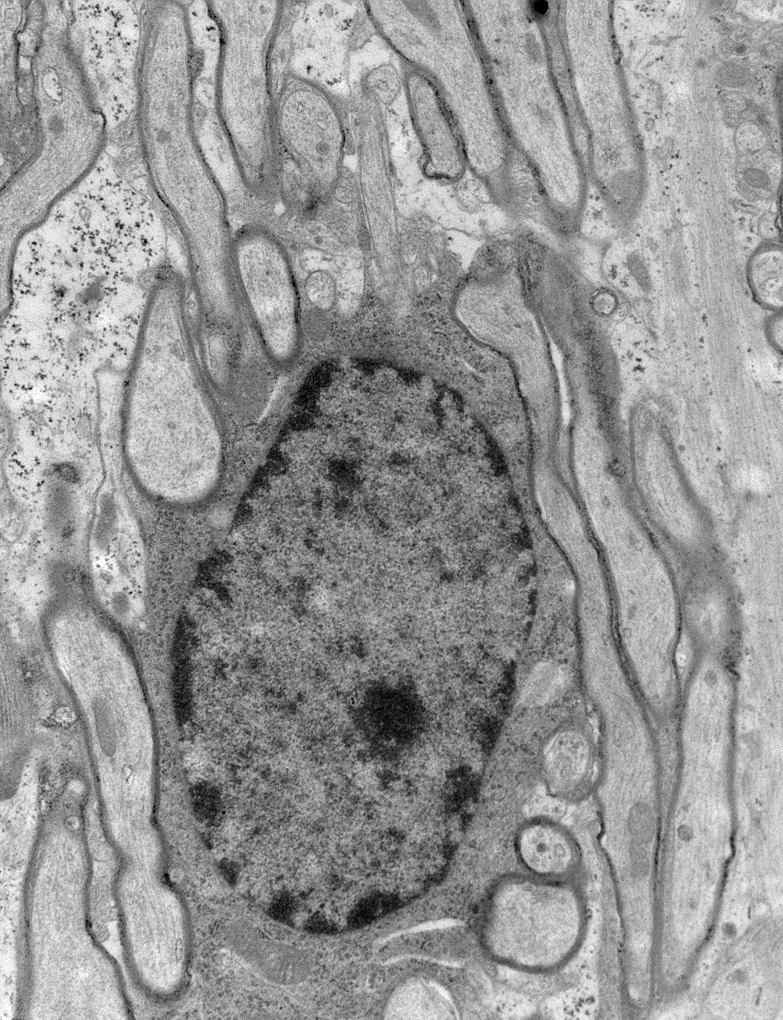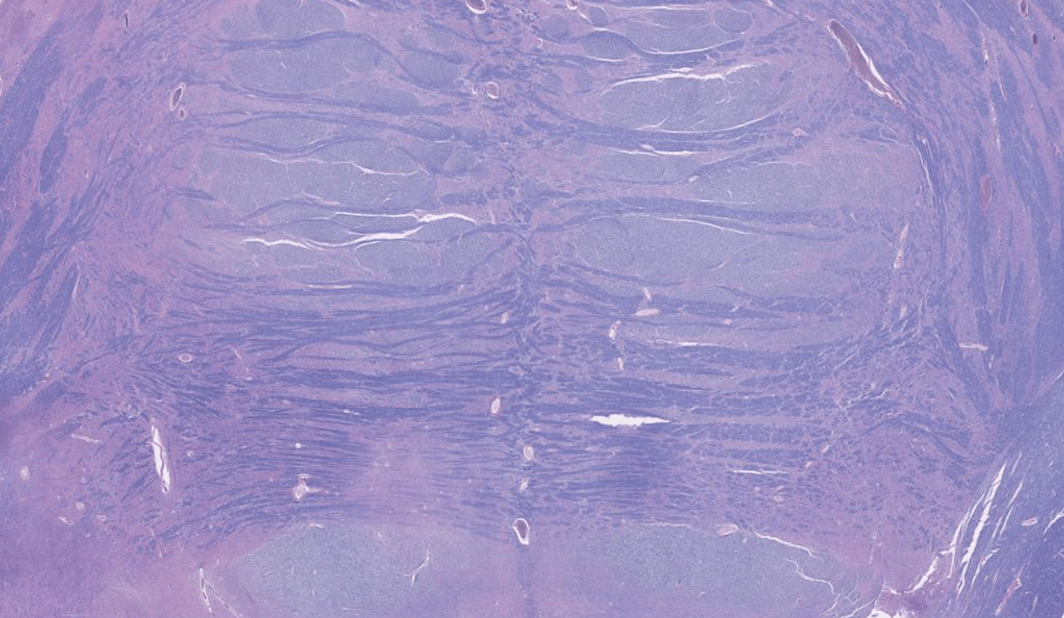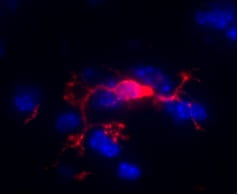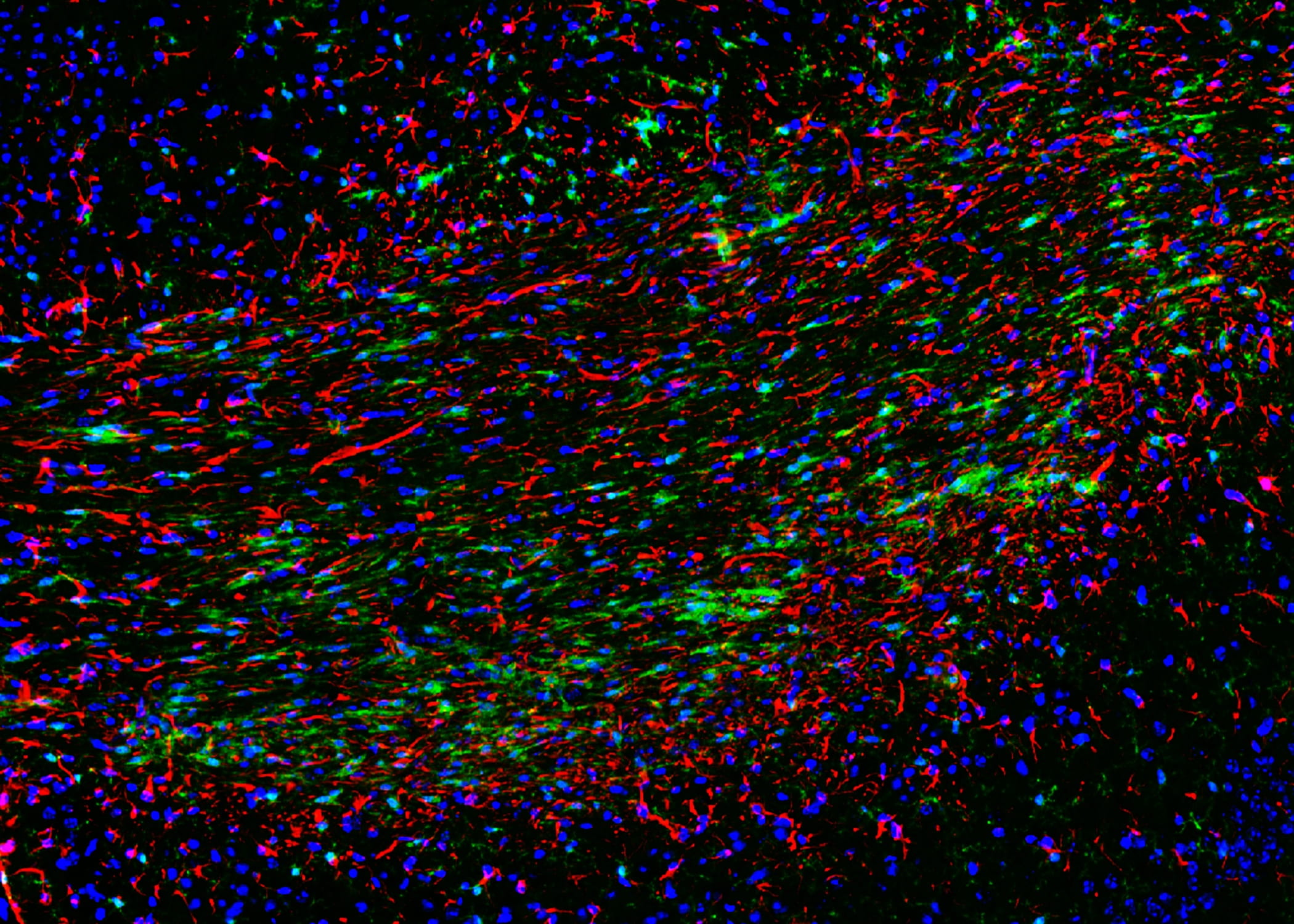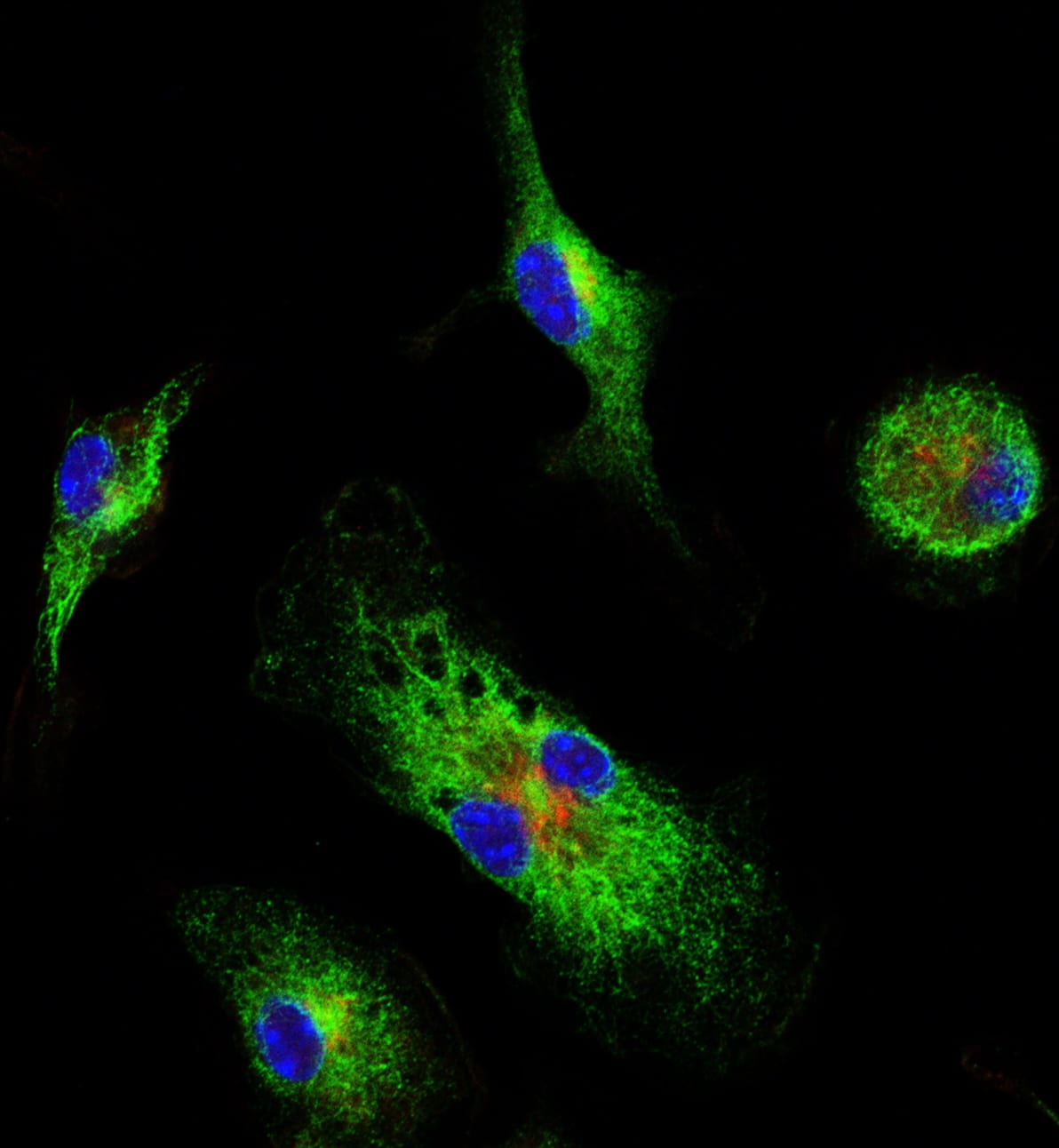Our research scientists are focused on understanding, treating and preventing neuroimmunological disorders through a wide range of activities including clinical trials and basic scientific research.
Labs
Browse a listing of our labs featuring their current projects, impact, and the team of professionals and trainees that make it happen.
Publications
Our section’s recent and upcoming publications as well as resources to dive deeper into our impact in various neurologic research topics.
Clinical trials
Proceed to the Trotter MS Center to learn more about clinical studies made available through our section.
